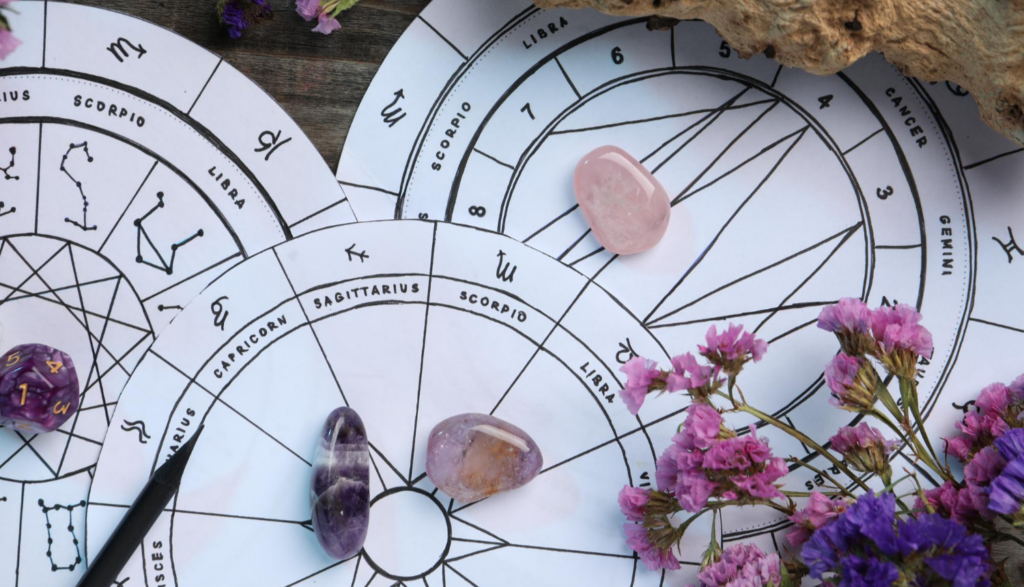The relationship between astrology and new astronomical discoveries is not without debate. Critics argue that astrology, rooted in ancient beliefs and not supported by empirical evidence, stands apart from the hard sciences. However, many modern astrologers and enthusiasts view these new discoveries as an opportunity to deepen and refine astrological interpretations rather than dismiss them. The evolving science of space invites astrologers to question whether the principles that govern celestial mechanics could shed light on subtle energies that influence human behavior.
The expanding universe theory, driven by observations of distant galaxies moving away from each other due to dark energy, poses a curious consideration for astrology: if the universe is in constant flux, could this cosmic motion affect the energies associated with each zodiac sign? Dark energy, which makes up roughly 68% of the universe, is still largely a mystery, but its role in the cosmic expansion suggests a profound force at work that, in some esoteric schools of thought, could influence subtle cosmic connections.
Furthermore, the discovery of gravitational waves and black holes has shifted our understanding of space-time and the energetic fabric of the universe. Some astrologers speculate that the existence of these massive forces could influence planetary alignments or even create moments of intensified energy that impact our lives in ways not previously considered. For instance, could the detection of gravitational waves signify a temporary shift in the cosmic energy we draw upon? If so, how might this be reflected in daily horoscopes or long-term astrological charts?

The concept of multiverses and parallel dimensions also sparks questions. If our universe is but one of many, with each expanding or contracting at different rates, could this suggest that astrology, in its current form, taps into only a fraction of a greater cosmic pattern? While mainstream astrology has yet to incorporate such far-reaching ideas, a growing community of astrologers is exploring how quantum theory and advanced cosmology might intersect with their practices.
Additionally, these astronomical discoveries invite a reevaluation of how we view the constellations. Precession, or the gradual shift in the Earth’s orientation, has already altered the backdrop of constellations over thousands of years. This means the astrological signs we recognize today do not align exactly with their original positions. This shift has sparked discussions among astrologers about whether updating astrological charts to reflect these changes could provide more accurate readings or if the symbolic meanings attached to these constellations remain unaffected by such shifts.
Related: How Astrological Houses Reflect Key Life Areas
In conclusion, while astrology and astronomy have different foundational purposes, the ever-expanding universe and new cosmic revelations offer fertile ground for thought. Whether these advancements will usher in a new era of astrology that incorporates modern scientific insights remains to be seen. What is clear, however, is that the dynamic nature of our universe invites us to think beyond traditional boundaries and consider how celestial energies may evolve alongside our growing understanding of the cosmos. This blend of ancient interpretation and modern discovery could lead to a richer, more layered approach to astrology, bringing it into a new age where science and spirituality can coexist in dialogue.





















